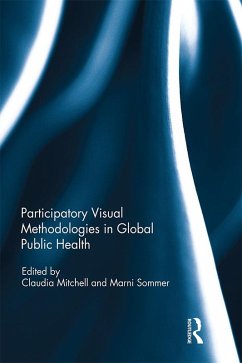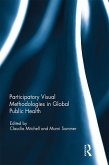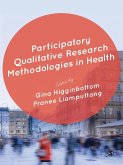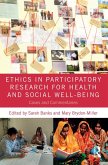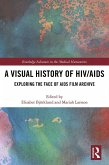Participatory Visual Methodologies in Global Public Health focuses on the use of participatory visual methodologies such as photovoice, participatory video (including cellphilming or the use of cell phones to make videos), drawing and mapping in public health research. These approaches are modes of inquiry that can engage participants and communities, eliciting evidence about their own health and well-being, as well as modes of representation and modes of production in the co-creation of knowledge, and modes of dissemination in relation to knowledge translation and mobilization. Thus, the production by a group of girls or young women of a set of photos or videos from their own visual perspective can offer new evidence on how, for example, they see sexual violence. Unlike other data such as those collected through surveys or even conventional interviews, the images they have produced not only inform the empirical evidence, but also do not need to remain in a laboratory or the office of a researcher. They can, through exhibitions and screenings, reach various audiences: school or health personnel, parents and community members, and perhaps also policy-makers. This collection offers a critical overview for students, practitioners, researchers and policy-makers working in or concerned with the use of participatory methodologies in public health around the globe. This book was originally published as a special issue of
Global Public Health.
Dieser Download kann aus rechtlichen Gründen nur mit Rechnungsadresse in A, B, BG, CY, CZ, D, DK, EW, E, FIN, F, GR, HR, H, IRL, I, LT, L, LR, M, NL, PL, P, R, S, SLO, SK ausgeliefert werden.

